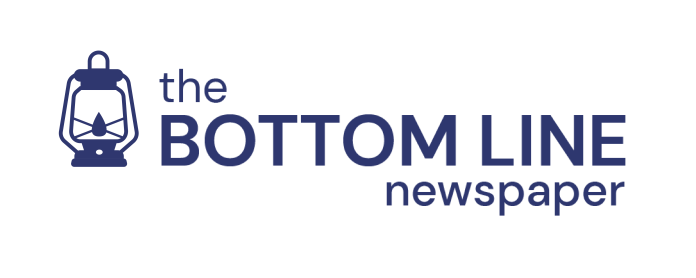Tia Trinh
Co-Arts & Entertainment Editor
Using literature and arts to discuss mental health, Dr. Mimi Khúc is a writer, scholar, and teacher of all things unwell. She is the creator of “Open in Emergency,” a dynamic mix of multimedia writing and art on mental health. In late 2016, “Open in Emergency: A Special Issue on Asian American Mental Health” was published by The Asian American Literary Review (AALR), including writing, a tapestry, and most famously, the Asian American Tarot. On Oct. 25, the UC Santa Barbara (UCSB) Asian American Studies Department offered a workshop hosted by Dr. Mimi Khúc to engage students in a discussion about what mental health is and how it continues to affect us today.
The workshop “What is Asian American Unwellness? A Mental Health Workshop with Dr. Mimi Khúc” explored mental health in the Asian American community, and more specifically, for students with the lead guiding questions: what does unwellness and wellness actually look and feel like, especially for Asian Americans? And, how do we identify and address our mental health needs?
In a Zoom with less than 25 people, the workshop full of professors, UCSB staff, undergraduates and graduate students felt intimate, as if they were sitting in a room close together. Dr. Khúc started off the conversation by asking, “What makes a good student at UCSB?” The answers varied, including how much a student can produce, not questioning their professors, staying passionate about their major, and prioritizing their classes over all else. What do these all have in common? Dr. Khúc rightfully exclaimed, “None of these sound fun!”
So how do students find that balance between being a good student and maintaining good mental health? This is the type of research that Dr. Khúc has been investigating since her own experiences as an undergraduate and eventually her time as a graduate student at UCSB. She describes feeling these same pressures and expectations, leading to a discussion on the word “laziness” and how it has become aligned with negative connotations.
As the standard of education continues to increase, so do the pressures that are put on students. For Asian American students in particular, these pressures often stem from the environments they have grown up in and continue to surround themselves in, whether or not by choice. The Asian American Tarot, designed by Dr. Khúc, was inspired by the responses and feedback she has heard and experienced. Instead of the traditional archetypes of the major Archana, the cards are advertised on the AALR website as being “drawn directly from Asian American life—the Migrant, the Foreigner, the Shopkeeper, the Adoptee, the Model Minority, the Desecrated Temple.” Each card offers valuable insight into the unsaid thoughts and emotions that have created the Asian American experience. In collaboration with writers and artists, including Ocean Vuong and Monica Ong, the unique tarot deck takes the reader on a touching journey through history and its continuous contemporary effects. The second edition, released in 2019, offered an expansion of these archetypes and continues to grow.
Dr. Khúc brought forth the 29th card, “The Student.” Part of the Major Arcana, The Student focuses on the struggles of Asian American college students. The card’s descriptions are entirely based on student responses to her workshop questions. The front image depicts a student hunched over, a student crying at graduation, and more minimalistic yet heartfelt drawings. The writing on the back touches on the deeper forces felt by students, ranging from pressures over finishing our parent’s immigration stories, to what constitutes a bad student, a bad person, or a bad child; the card reveals the explicit and implicit pressures that many Asian American students don’t always speak of.
While this workshop was directed towards the Asian American studies department, the issues discussed during this short period of time are impactful towards all students. The World Health Organization (WHO) defines mental health as “a state of mental well-being that enables people to cope with the stresses of life, realize their abilities, learn well and work well, and contribute to their community.” Dr. Khúc, however, prompts us to think about this vague definition that WHO has offered. As students, to what extent does this definition truly encapsulate the multitude of experiences and pressures that we face on a day-to-day basis?
In this safe space of students and faculty alike, Dr. Khúc proceeded to lead a discussion generating an honest and student-aligning definition of mental health. Ideas like “belonging,” “safety,” “support,” and “good boundaries” are among the few words that were tossed around. Comparing them to the initial discussion on what makes a good student at UCSB, it becomes clear that the pressures students end up facing are far from the hopes they have of maintaining a healthy mental well-being. According to Dr. Khúc’s flier, this reflects upon how “a dominant understanding of mental health has shaped the experiences of both wellness and unwellness so that students can begin the creative work of building structures of care that will meet their needs.”
At the end of the workshop, Dr. Khúc leaves us with the question, “What would it look like to build something that nurtures the things that you, as a student, want?” This a deep and insightful question that one can’t answer right away. I implore you all to consider this as well. What do you want to see, inside and outside of UCSB, to help students with mental health?











